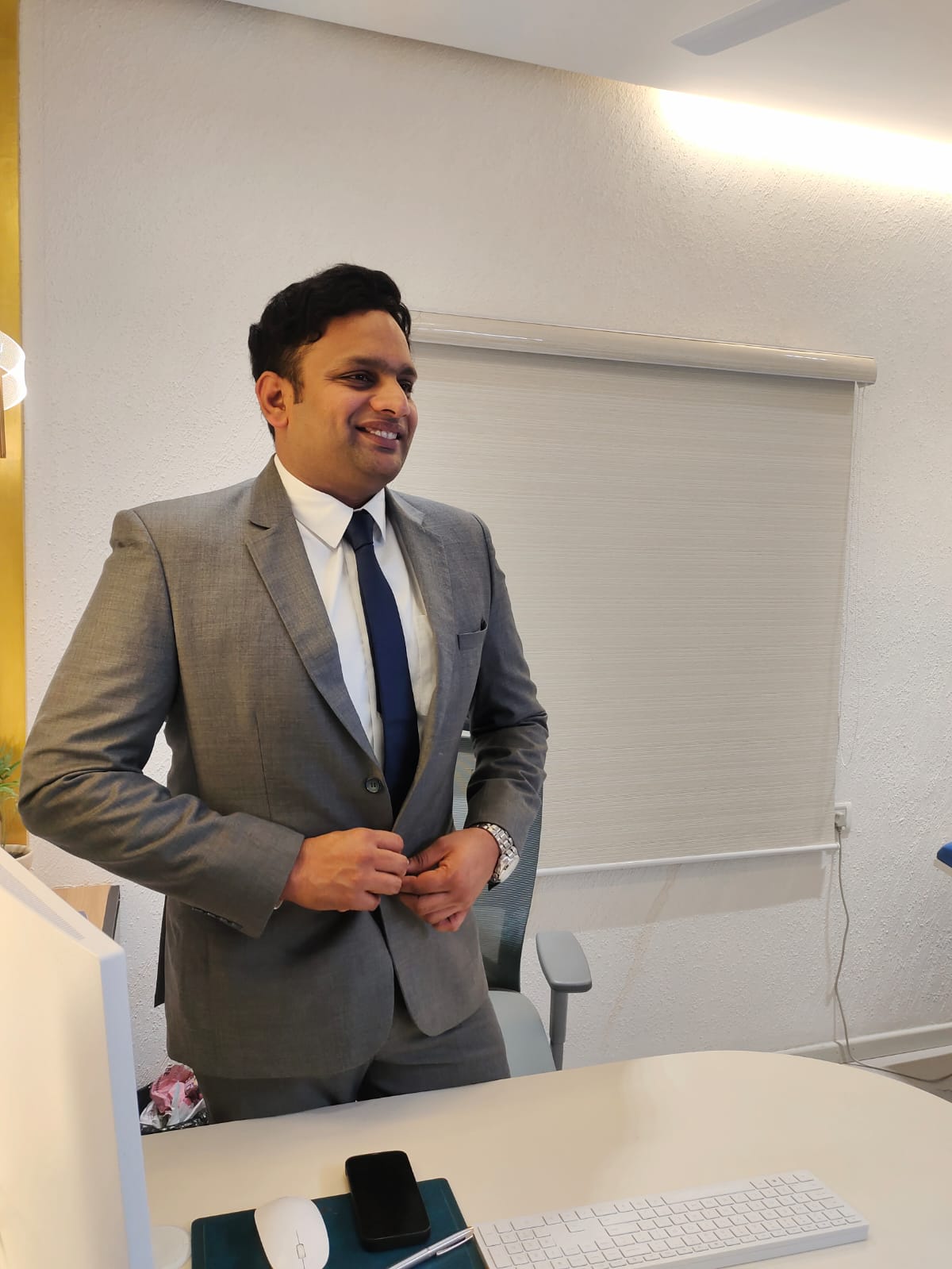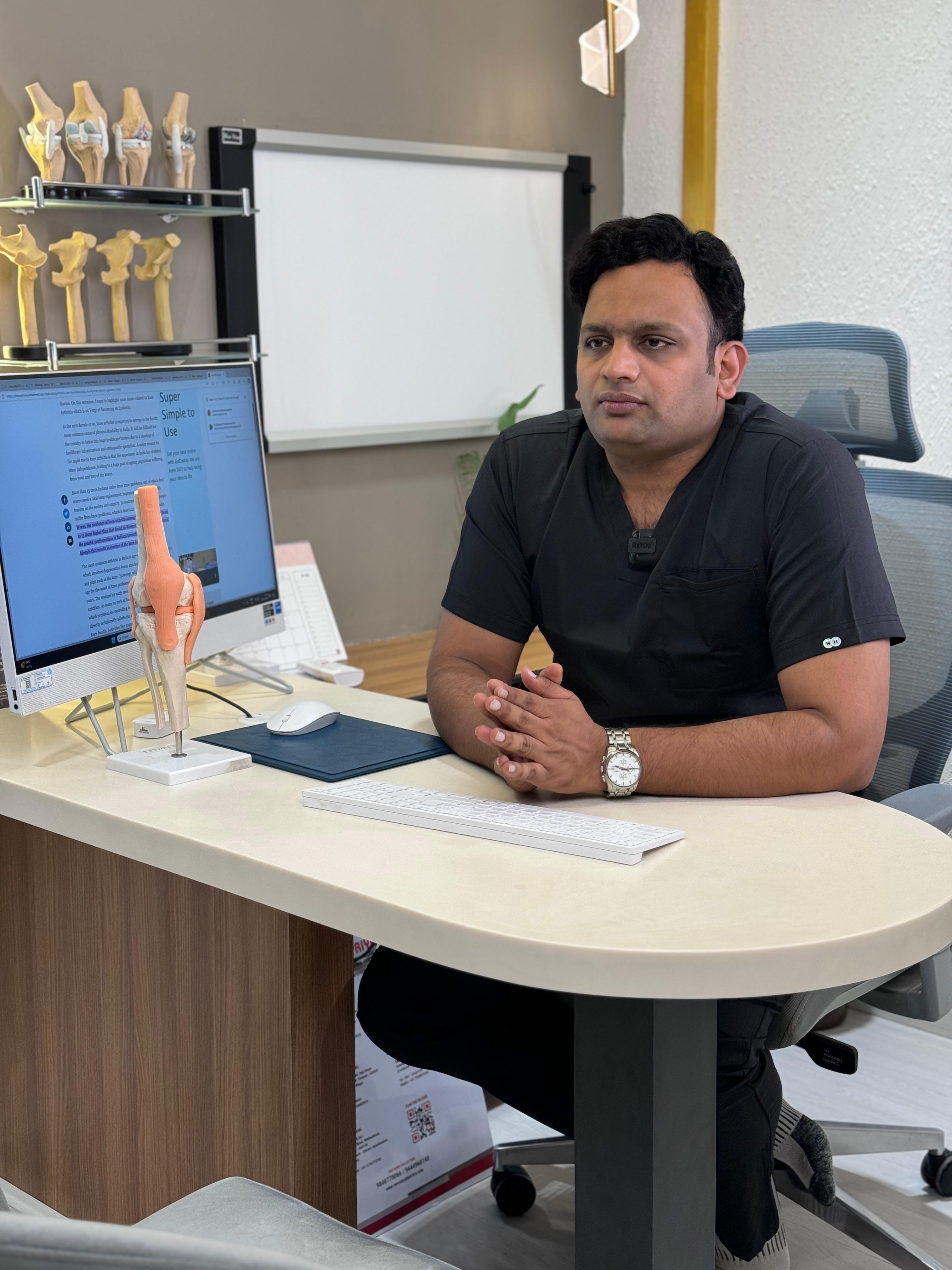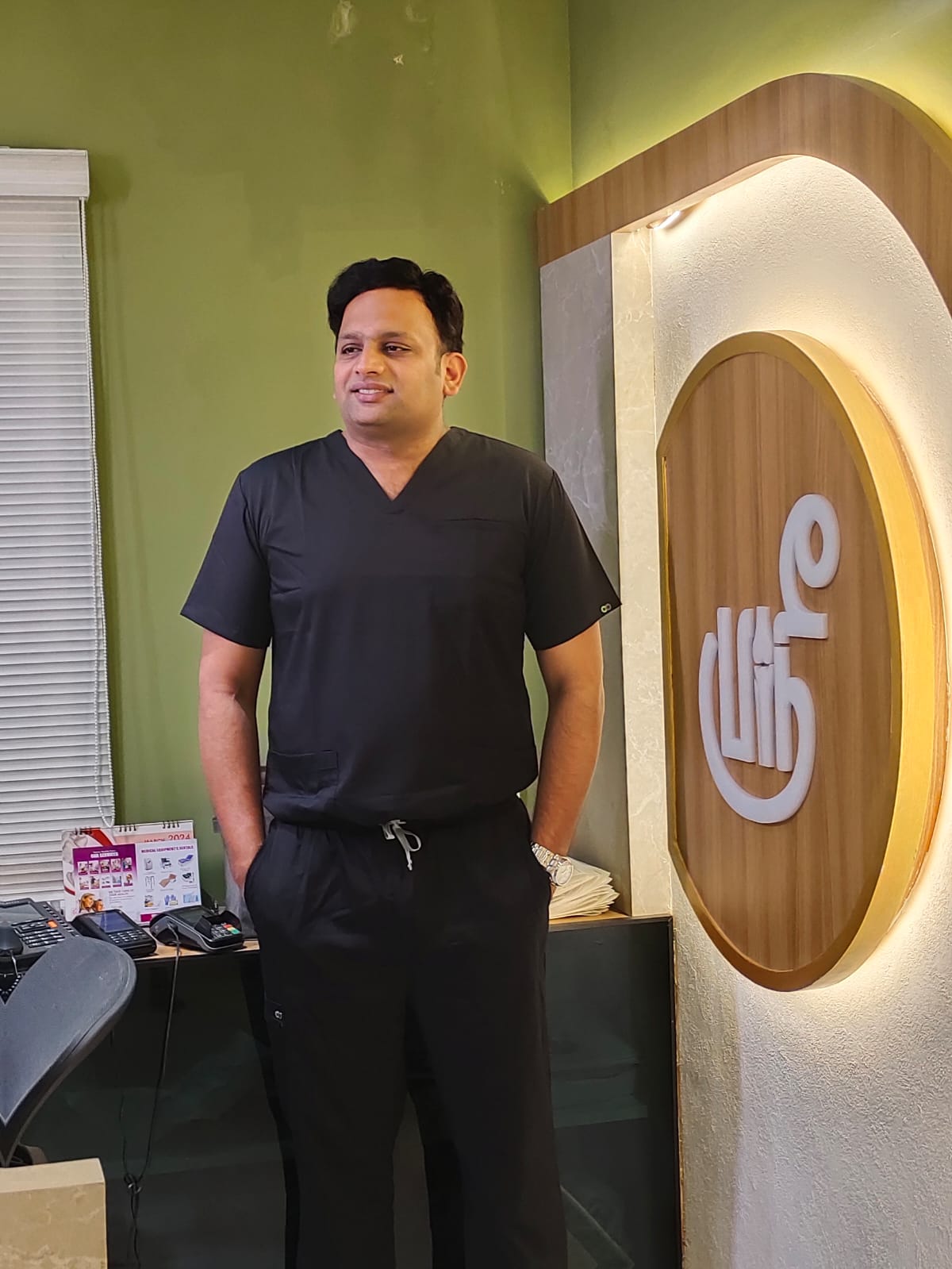Overview of Rheumatoid Arthritis (RA)
Rheumatoid arthritis (RA) is a chronic autoimmune condition that primarily affects the joints, leading to inflammation, pain and swelling. It can also impact other parts of the body such as the skin, eyes, lungs and heart.
Rheumatoid Arthritis is characterized by joint pain, stiffness, and decreased range of motion, often affecting joints symmetrically. Diagnosis is typically based on a combination of symptoms, physical examination, blood tests and imaging studies. While the exact cause of RA is unknown, it is believed to involve a combination of genetic and environmental factors.
Treatment for Rheumatoid Arthritis aims to control symptoms, prevent joint damage, and improve quality of life. This often involves a combination of medications, such as nonsteroidal anti-inflammatory drugs (NSAIDs), disease-modifying antirheumatic drugs (DMARDs), and biologic agents.
Physical therapy and lifestyle changes, including exercise and a balanced diet, can also help manage symptoms. Early diagnosis and treatment are crucial in managing Rheumatoid Arthritis and preventing long-term complications.
Symptoms of Rheumatoid Arthritis
- Rheumatoid Arthritis commonly affects the joints in the hands, wrists, elbows, feet, ankles, and knees. The joints are often swollen, warm, and tender to the touch.
- Morning stiffness that lasts for more than an hour is a common symptom of RA. Stiffness may also occur after prolonged periods of inactivity.
- Many people with Rheumatoid Arthritis experience overwhelming fatigue, which is not always relieved by rest.
Rheumatoid Arthritis can cause joints to become stiff, making movement difficult. Over time, this can lead to a loss of joint function. - These are firm lumps that can form under the skin, often around the elbows or hands, but can occur elsewhere in the body.
- RA often affects joints on both sides of the body in a symmetrical pattern. If one knee or hand is affected, the other one is likely to be affected as well.
- Some people with RA may experience a low-grade fever and unintended weight loss.
- RA can also cause inflammation in other parts of the body, leading to symptoms such as dry eyes and mouth, chest pain with breathing, and numbness or tingling in the hands and feet.
Causes
- People with a family history of RA are more likely to develop the condition, suggesting a genetic predisposition.
- RA is an autoimmune disease, which means that the immune system mistakenly attacks the body’s own tissues. In RA, the immune system targets the synovium, the lining of the membranes that surround the joints, leading to inflammation and joint damage.
- Certain environmental factors, such as smoking, exposure to certain infections, and hormonal changes, may contribute to the development of RA in genetically susceptible individuals.
- Women are more likely to develop RA than men, suggesting that hormonal factors may play a role. The onset of RA is often associated with hormonal changes, such as those that occur during pregnancy or menopause.
- While RA can affect people of all ages, it most commonly begins between the ages of 30 and 60.
- Obesity is a risk factor for RA, and it may also worsen the symptoms and progression of the disease.
Diagnosis of Rheumatoid Arthritis
Medical History and Physical Examination:
Your doctor will first take a detailed medical history, including asking about your symptoms, when they started, and how they have progressed. A physical examination will also be conducted to assess joint swelling, tenderness, and range of motion.
Blood Tests:
Blood tests are often used to help diagnose RA and rule out other conditions. Common blood tests include:
- Rheumatoid factor (RF): Elevated levels of RF are present in about 80% of people with RA, but it can also be found in other conditions.
- Anti-cyclic citrullinated peptide (anti-CCP) antibodies: These antibodies are more specific to RA and are often present in the early stages of the disease.
- C-reactive protein (CRP) and erythrocyte sedimentation rate (ESR): These tests measure levels of inflammation in the body, which can be elevated in RA.
Imaging Tests:
X-rays, ultrasound, and magnetic resonance imaging (MRI) scans may be used to assess joint damage and inflammation. These tests can help your doctor determine the severity of the disease and track its progression over time.
Clinical Criteria:
The American College of Rheumatology (ACR) has established criteria for the classification of RA, which include the number and location of affected joints, the presence of specific blood markers, and the duration of symptoms.
Synovial Fluid Analysis:
In some cases, your doctor may recommend a synovial fluid analysis, which involves taking a sample of fluid from an affected joint to look for signs of inflammation and to rule out other causes of joint pain.
Other Tests:
Depending on your symptoms and medical history, your doctor may also order other tests to rule out conditions that can mimic RA, such as lupus or gout.
Treatment Options
Medications:
- Nonsteroidal anti-inflammatory drugs (NSAIDs): These can help reduce pain and inflammation.
- Disease-modifying antirheumatic drugs (DMARDs): These medications can slow the progression of RA and prevent joint damage. Common DMARDs include methotrexate, hydroxychloroquine, and sulfasalazine.
- Biologic agents: These drugs target specific parts of the immune system that are involved in the inflammation process.
- Biologics are often used in combination with DMARDs.
- Corticosteroids: These medications can help reduce inflammation and pain, but they are usually used in low doses and for short periods due to potential side effects.
Lifestyle Changes:
- Regular exercise: Gentle exercises such as walking, swimming, or yoga can help improve joint flexibility, strength, and overall health.
- Healthy diet: A balanced diet rich in fruits, vegetables, whole grains, and omega-3 fatty acids may help reduce inflammation and improve overall health.
- Rest: Adequate rest is important to manage fatigue and allow the body to heal.
Physical Therapy:
A physical therapist can create an exercise program tailored to your needs and abilities to help improve joint function and mobility.
Surgery:
In severe cases of RA where joint damage is extensive, surgery may be necessary to repair or replace damaged joints.
Complementary Therapies:
Some people find relief from RA symptoms with complementary therapies such as acupuncture, massage, or herbal supplements. It’s important to talk to your healthcare provider before trying any complementary therapies to ensure they are safe and effective.
Monitoring and Follow-Up:
Regular monitoring and follow-up with your healthcare provider are important to assess the effectiveness of treatment and make any necessary adjustments.
Disease Management and Lifestyle Tips
Follow Your Treatment Plan: Take your medications as prescribed by your healthcare provider. This may include disease-modifying antirheumatic drugs (DMARDs), biologics, nonsteroidal anti-inflammatory drugs (NSAIDs), or corticosteroids.
Exercise Regularly:
Engage in low-impact exercises such as walking, swimming, or yoga to help improve joint flexibility, strength, and overall fitness. Consult with a physical therapist or fitness trainer to develop an exercise program that is safe and effective for you.
Maintain a Healthy Weight:
Excess weight can put added stress on your joints, so maintaining a healthy weight can help reduce strain and improve mobility.
Eat a Balanced Diet:
A diet rich in fruits, vegetables, whole grains, and lean proteins can help reduce inflammation and improve overall health. Omega-3 fatty acids, found in fish like salmon and mackerel, may also help reduce inflammation.
Manage Stress:
Stress can exacerbate RA symptoms, so practicing stress-reducing techniques such as meditation, deep breathing exercises, or mindfulness can be beneficial.
Get Plenty of Rest:
Fatigue is a common symptom of RA, so it’s important to get adequate rest and listen to your body. Pace yourself and prioritize tasks to conserve energy.
Use Assistive Devices:
Consider using assistive devices such as splints, braces, or ergonomic tools to reduce strain on your joints and make daily tasks easier.
Quit Smoking:
Smoking can worsen RA symptoms and increase the risk of complications, so quitting smoking can have a positive impact on your overall health.
Stay Active and Engaged:
Maintain a social support network and stay engaged in activities you enjoy to help improve your mood and overall well-being.
Monitor Your Symptoms:
Keep track of your symptoms and any triggers that may worsen them. This can help you and your healthcare provider manage your condition more effectively.
When do you need to visit a doctor?
- Your symptoms are getting worse or are not improving with treatment.
- You experience new symptoms or side effects from medications.
- You have persistent fatigue, fever, or unintended weight loss.
- You have difficulty performing daily activities due to joint pain or stiffness.
- You have concerns about your RA treatment plan or need guidance on managing your condition.
- You have other health conditions that may be affected by RA or its treatment.

Cost of Rheumatoid Arthritis Treatment in Chennai
The monthly costs for these medications vary from INR 10,000 to 30,000. Surgical interventions, such as arthroscopy and arthroplasty, are available for severe cases. Occupational therapy is also recommended as a complement to treatment, helping with daily tasks and reducing pain.
Why Choose Shri Bone & Joint Clinic for Rheumatoid Arthritis Treatment in Chennai?
Shri Bone & Joint Clinic is the best and Top Orthopedic Hospital in Chennai. Here, we provide a top-notch treatment for Rheumatoid Arthritis and all other knee related problems. We have the Best Orthopedic Specialist in Chennai with over ten years of experience.
We have two branches in Chennai; one is from Adyar, and another one is from Aminjikarai. We have Top Orthopedic Doctors in Chennai. We are available 24 hours a day, so you can check the availability of the doctors and book an appointment before visiting us.
You can reach us at 9363 600 206 or 044 3549 0206 or 044 4524 2424. Here, we have accepted all kinds of emergency walk-ins. Get the best treatment at an affordable medical charge compared to other hospitals in Chennai.
Best Doctor for Rheumatoid Arthritis Treatment in Chennai
Dr. Shriram Krishnamoorthy is the best doctor for Rheumatoid treatment. He is a national board-certified orthopedist. He has more than ten years of experience in the orthopedic field.
Which is the best treatment for rheumatoid arthritis?
The best treatment for rheumatoid arthritis depends on the individual and may include medications, physical therapy, and lifestyle changes.
Can rheumatoid arthritis be cured permanently?
Rheumatoid arthritis cannot be cured permanently, but treatment can help manage symptoms and slow disease progression.
What is the new cure for rheumatoid arthritis?
There is no new cure for rheumatoid arthritis, but research continues to explore potential treatments for better symptom management.
Which hospital is best for rheumatoid arthritis treatment in Chennai?
Shri Bone & Joint is the best Clinic for Rheumatoid Arthritis treatment in Chennai, with well experienced and qualified practitioners at the affordable price.
Is RA treatment expensive?
RA treatment costs can vary; medications and therapies can be expensive, but insurance and government schemes may help cover costs.
What is the safest treatment for rheumatoid arthritis?
The safest treatment for rheumatoid arthritis depends on the individual; generally, early diagnosis and appropriate medications under medical supervision are safe.
Is rheumatoid arthritis a lifetime risk?
Rheumatoid arthritis is a chronic condition, often requiring lifelong management, but early diagnosis and treatment can improve outcomes and quality of life.
What foods are bad for rheumatoid arthritis?
Foods high in sugar, saturated fats, and processed foods may worsen inflammation in rheumatoid arthritis; individual triggers can vary.
Can you live a normal life with rheumatoid arthritis?
With proper treatment and lifestyle adjustments, many people with rheumatoid arthritis can lead active and fulfilling lives.
How long does rheumatoid arthritis last?
Rheumatoid arthritis is a chronic condition that can last a lifetime, but symptoms and disease activity can vary over time.
Better Health Care is Our Mission
Phone
Shri Bone & Joint clinic
#1, 2nd Main Road
Nehru Nagar
Adyar
Chennai - 20.
Phone: 044 3549 0206
MGM Healthcare
No.72,
Nelson Manickam Road,
Collectorate Colony, Aminjikarai,
Chennai - 600029.
Phone: 044 4524 2424






